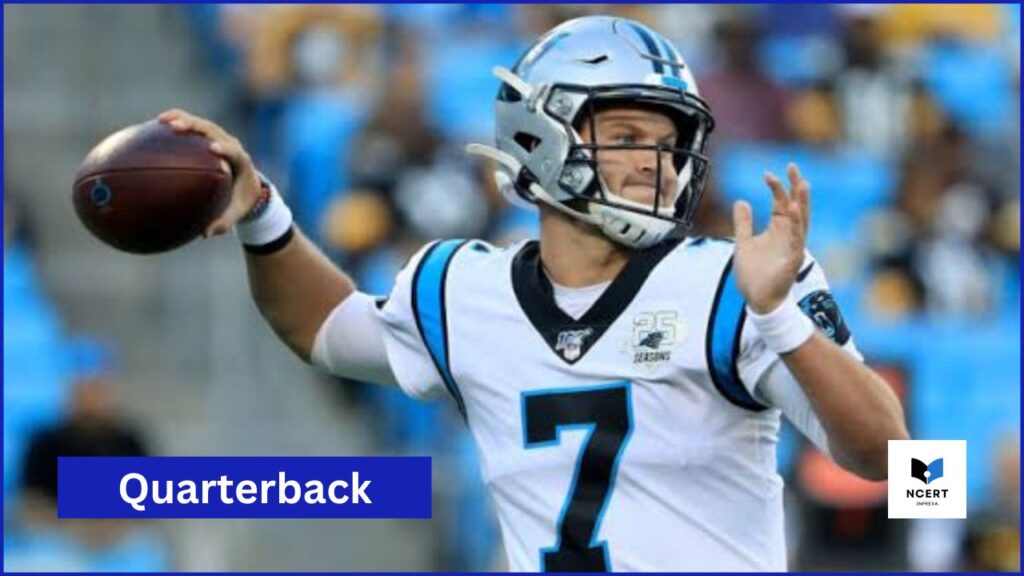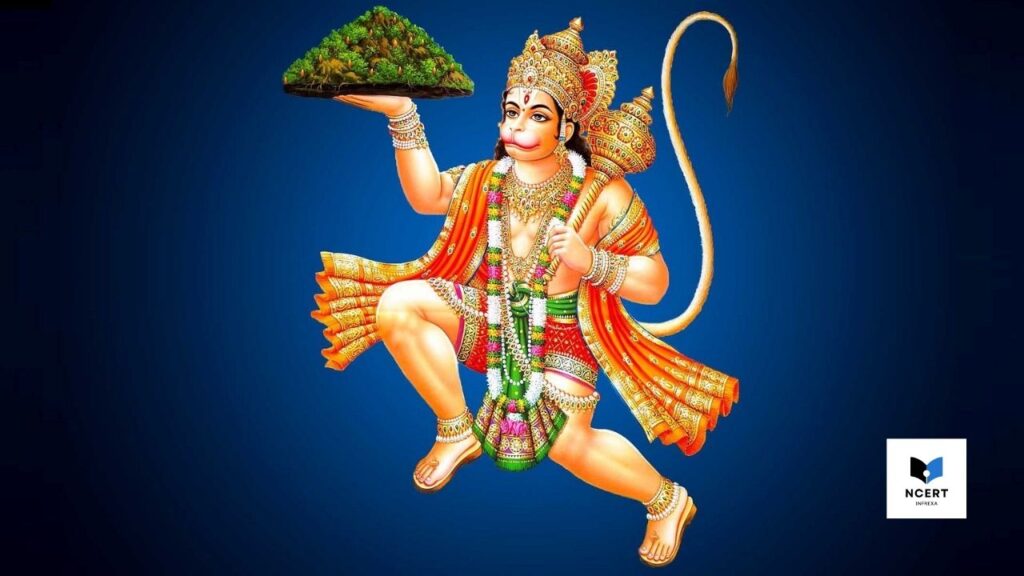A quarterback is one of the most critical positions in American and Canadian football. As the leader of the offense, they are responsible for managing the team’s plays, executing passes, and reading defenses. Their impact can define a game’s outcome, making them one of the most scrutinized and celebrated roles in football.
Different Types of Quarterbacks
There are various types of quarterbacks, each bringing their own set of strengths and weaknesses to the game. These playing styles determine how they interact with the offense and deal with defensive pressure:
1. Pocket Passers
A pocket passer primarily relies on passing from within the “pocket,” which is the protective zone formed by the offensive line. These quarterbacks tend to stay in place, using their arm strength and accuracy to deliver precise throws. Legendary pocket passers include:
- Tom Brady: Known for his pinpoint accuracy and mental toughness, Brady excelled at finding receivers, even under pressure.
- Drew Brees: Famous for his ability to read defenses quickly and deliver accurate short-to-medium range throws.
- Peyton Manning: Renowned for his pre-snap reads and impeccable timing, making him one of the most cerebral quarterbacks in NFL history.
Strengths:
- Highly accurate and efficient in passing.
- Able to read defenses and adjust plays accordingly.
- Avoids unnecessary hits by remaining in the pocket.
Weaknesses:
- Vulnerable if the offensive line falters, as they have limited mobility.
- Not as effective in extending plays when the pocket collapses.
2. Dual-Threat Quarterbacks
A dual-threat quarterback can pass and run effectively, making them dangerous in multiple ways. They are typically more athletic, allowing them to escape pressure and gain yards on the ground when needed. Examples of successful dual-threat quarterbacks include:
- Lamar Jackson: Known for his elite speed and agility, Jackson can outrun defenders while maintaining strong passing skills.
- Russell Wilson: Combines precise throwing with the ability to make plays on the move, creating challenges for defenses.
- Jalen Hurts: Emerging as a versatile QB who can throw deep and pose a constant running threat.
Strengths:
- Can extend plays and improvise when things break down.
- Forces defenses to account for both passing and rushing threats.
Weaknesses:
- More prone to injuries due to frequent running.
- May struggle with consistency in passing if too reliant on rushing.
What Does It Take to Be a Quarterback?
Becoming a successful quarterback requires a combination of physical skills, mental toughness, and leadership abilities:
- Arm Strength and Accuracy: A quarterback must be able to make various throws, from long-distance passes to short, accurate touch passes. Inaccurate throws can lead to turnovers and missed opportunities.
- Mobility: Whether they are a pocket passer or dual-threat, quarterbacks need some degree of mobility to evade pass rushers and extend plays.
- Football IQ: Reading defenses is critical to success. Elite quarterbacks can quickly assess defensive schemes and make pre-snap adjustments to exploit weaknesses.
- Leadership: Beyond physical skills, a quarterback must inspire and lead their team, ensuring everyone is aligned with the game plan. They also face media scrutiny and must remain composed under pressure.
How to Improve Your Quarterback Skills
Improvement is essential at every level, and aspiring quarterbacks should focus on several key areas:
- Practice throwing to different targets under various conditions to improve your precision.
- Developing a fast release is critical to avoid sacks and reduce the chance of interceptions. Focus on footwork and upper-body mechanics.
- Studying film of opposing defenses helps quarterbacks make faster, smarter decisions on the field. Work with coaches to understand defensive strategies and tendencies.
- Build confidence and trust with your teammates. Take charge in the huddle and ensure clear communication during games.
Drills and Training Tips
Here are some specific drills to help quarterbacks hone their craft:
- Using ladder drills, cone drills, and moving through the pocket during practice helps quarterbacks improve their balance, coordination, and ability to evade defenders.
- Since quarterbacks handle the ball on almost every offensive play, learning to protect the ball is crucial. Practice keeping two hands on the ball while in the pocket and when running.
- Simulate game scenarios where the quarterback must make quick decisions based on defensive alignments, helping to improve reaction time.
The Ups and Downs of Being a Quarterback
The Upside:
- Quarterbacks are the face of the team and often receive the most attention from fans and the media. They are in charge of every offensive play and are key to the team’s success.
- They are typically among the highest-paid players in the NFL, thanks to the importance of the position.
- Quarterbacks often get to call plays or adjust them at the line of scrimmage, giving them a large influence and control over the game.
The Downside:
- Quarterbacks are expected to win games and take much of the blame / pressure when the team fails.
- Due to the physical nature of the position, many quarterbacks have shorter careers. Injuries and physical wear and tear can take a toll.
Best Quarterbacks in NFL History
Some quarterbacks have etched their names in the history books for their exceptional careers and achievements. Here are the top 10 quarterbacks of all time:
- Tom Brady: With seven Super Bowl titles, Brady is widely regarded as the greatest quarterback ever.
- Joe Montana: Known for his poise in the clutch, Montana won four Super Bowls with the San Francisco 49ers.
- Johnny Unitas: Pioneered the modern passing game with his ability to read defenses and throw deep.
- Peyton Manning: Famous for his football IQ, Manning was one of the most dominant quarterbacks during his era.
- Brett Favre: Known for his gunslinger mentality, Favre set multiple passing records during his long career.
- Dan Marino: Though he never won a Super Bowl, Marino’s passing ability and quick release were revolutionary.
- John Elway: Elway led the Denver Broncos to two Super Bowl titles and was known for his strong arm and mobility.
- Aaron Rodgers: One of the most accurate and efficient quarterbacks, Rodgers continues to be a game-changer.
- Roger Staubach: Led the Dallas Cowboys to two Super Bowl victories and was known for his leadership and scrambling ability.
- Otto Graham: One of the earliest great quarterbacks, Graham won seven championships in his career.
Current Best Quarterback
As of October 2024, Patrick Mahomes of the Kansas City Chiefs remains widely regarded as the best quarterback in the NFL. His blend of extraordinary arm strength, accuracy, and football IQ continues to set him apart. Mahomes has led the Chiefs to multiple Super Bowl victories and consistently delivers in clutch moments, further solidifying his status as the top quarterback in the league.
Right behind him, Joe Burrow of the Cincinnati Bengals is often seen as a close competitor. Known for his poise under pressure and consistency, Burrow has challenged Mahomes in key AFC matchups. Josh Allen of the Buffalo Bills also remains a major force, using his physicality and dynamic playmaking to keep his team in Super Bowl contention.
Other notable quarterbacks in 2024 include Lamar Jackson of the Ravens, who has elevated his passing game in a fresh offensive system, and Dak Prescott of the Cowboys, who continues to perform at a high level despite challenges within his team. Each of these players exemplifies the high level of skill and leadership required to succeed in this demanding position.
These quarterbacks not only dominate with their physical abilities but also demonstrate exceptional mental toughness, making the quarterback position one of the most complex and prestigious roles in the NFL today.



